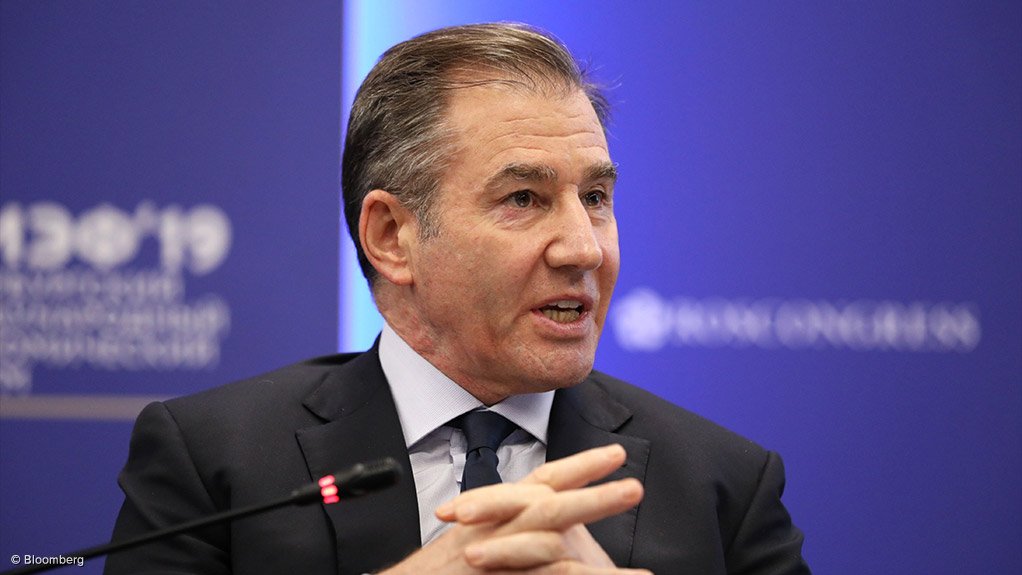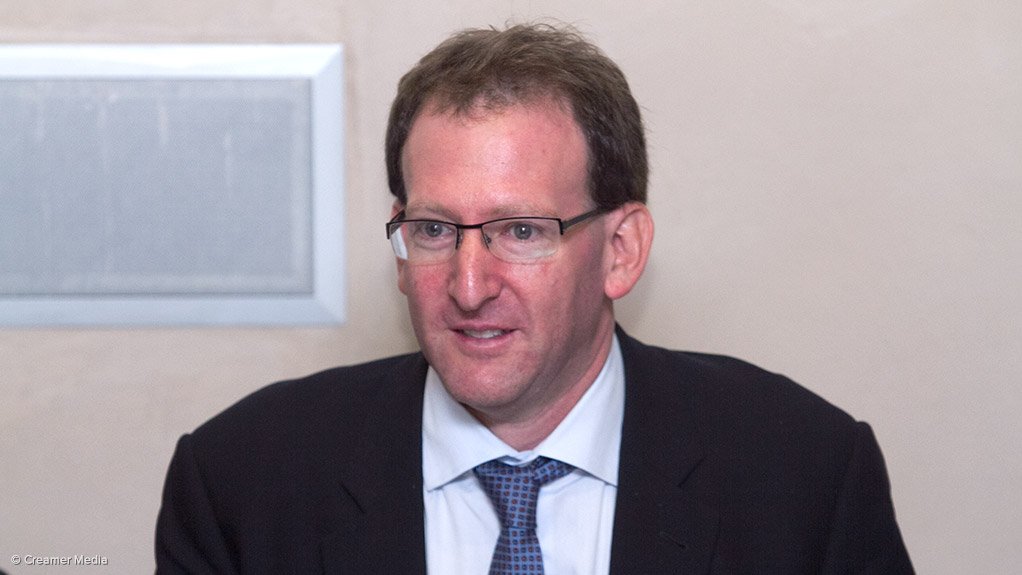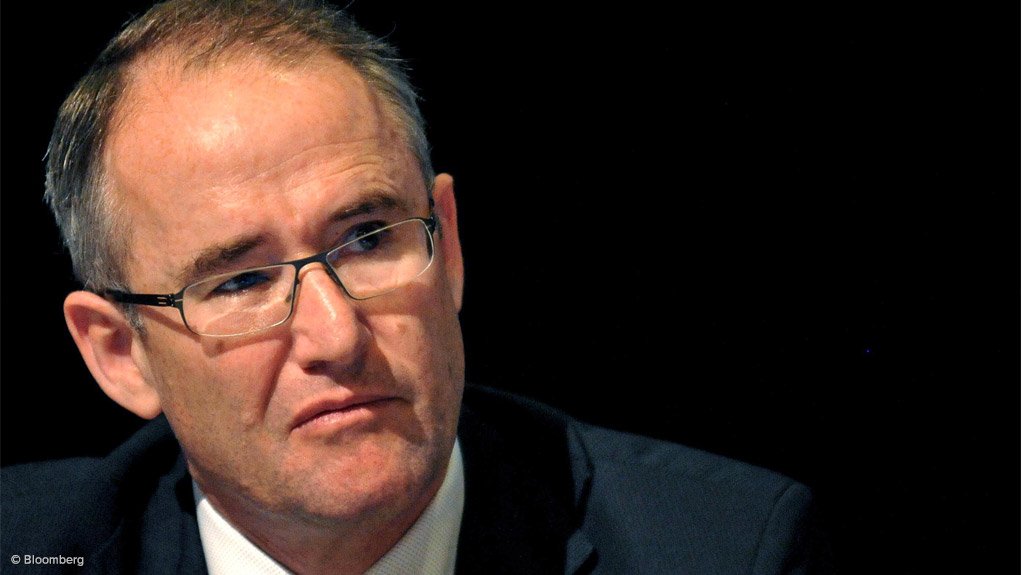JOHANNESBURG (miningweekly.com) – Despite weaker 2019 demand, base metals are fundamentally in good shape, Glencore CEO Ivan Glasenberg said on Tuesday.
Presenting an investor update with Glencore CFO Steve Kalmin and Glencore industrial assets head Peter Freyberg, Glasenberg described copper, zinc and nickel markets as being tightly balanced and heavily destocked.
He said that urbanisation and rising living standards, and a two-billion projected global population increase by 2050, would benefit all commodities across the spectrum, from basic infrastructure through to discretionary consumer spending.
Electrification mobility in the form of 580-million electric vehicles on the roads by 2040 would provide a material new source of demand for nickel, cobalt and copper.
Thermal coal would, in the interim, provide significant baseload power generation, as well as being part of the planned energy mix in Asia.
The long-term outlook would, however, be driven by the pace of decarbonisation of energy, with the forecast of 1 000 GW of wind power by 2029.
The redesign of traditional energy systems run on renewables would benefit copper, nickel, cobalt and vanadium through battery systems and related biomass/wind/solar grid infrastructure.
Current government policies to reduce carbon dioxide emissions by 2030 would require an additional cumulative 22-million tons of copper by 2030.
That meant that copper supply would need to grow 3.6% every year between now and 2030 to meet modelled government targets, compared with copper’s annual average supply growth of 2.6% from 2000 to 2018.
Electric vehicles would create demand for more than 330 000 t of new nickel and more than 73 000 t of new cobalt demand by 2025.
Energy demand fundamentals were also supporting an ongoing role for coal, primarily in Asia. New coal-fired generating capacity build in Asia/Middle East would likely add 160-million tonnes of coal demand by 2030.
In Asia, coal-based power generation was forecast to remain the lowest cost source of baseload power into the mid-2030s and new Asian generating capacity would offset European declines.
Coal supply was increasingly at risk owing to approval delays and shrinking financing options that would likely limit planned future supply.
Indonesian seaborne supply was expected to reduce as domestic coal generating capacity expanded, accelerating the depletion of the seaborne coal reserve base.
SIXTEEN FATALITIES
Glencore’s 2020 priorities were to deliver a step-change in safety performance and to implement the company’s fatality reduction programme. Of the 16 fatalities, six took place in copper operations, five in zinc operations and two in South Africa, in coal and alloys.
“We’re not in a good place when it comes to safety. We do know what we have to do, we are doing it, and we will turn it around,” Freyberg promised during the presentation covered by Mining Weekly Online.
The company said that priorities at asset development level were to deliver Katanga 2020 guidance of 270 000 t of copper and 29 000 t of cobalt a year, restart the Mopani smelter early next year, successfully commission the new Katanga acid plant through the first half of 2020, and bring operational stability to Koniambo, the New Caledonia nickel operation.
Priorities at operating efficiency and capital disciple level were to deliver budgeted operations volumes at near first-quartile costs and margins, maximise free cash flow generation and focus on portfolio net present value per share.
Priorities at balance sheet level were to commit to BBB/Baa investment grade strongly and buy back shares as and when surplus free cash flow allowed it.
Priorities at management level were to transition to a new generation of leadership and to engender confidence through consistency of operational and financial performance, the return of excess capital to shareholders and discipline within the capital allocation framework.
Coal production guidance for 2019 reduced by five-million tonnes to 140-million tonnes, reflecting recent Colombian volume reductions, as well as a safety stoppage in South Africa.
Currently, coal produces about 38% of the world’s electricity. By the year 2030, Glencore predicted this would decline to 29% but still mean 3.6-million tonnes higher coal consumption by electricity alone.
“Renewables can fill the gap, but not enough of the gap. Thermal coal will have to coexist with the renewables. Carbon capture and storage will become an important part of the energy use. Coal-fired power stations will have to have more carbon capture to ensure that coal is burnt a lot cleaner,” Glasenberg said.
EMAIL THIS ARTICLE SAVE THIS ARTICLE ARTICLE ENQUIRY
To subscribe email subscriptions@creamermedia.co.za or click here
To advertise email advertising@creamermedia.co.za or click here















